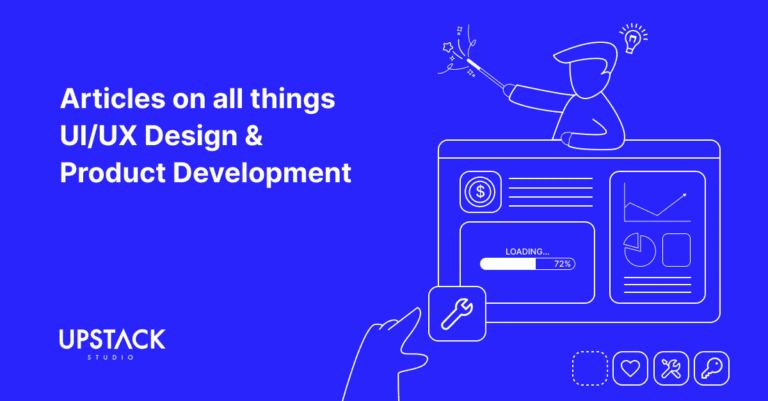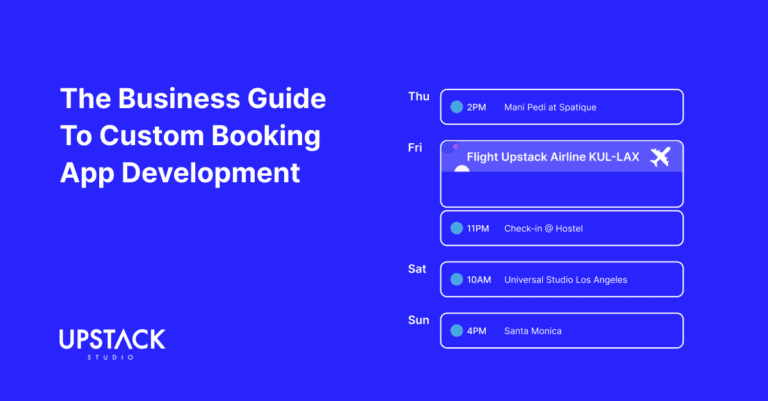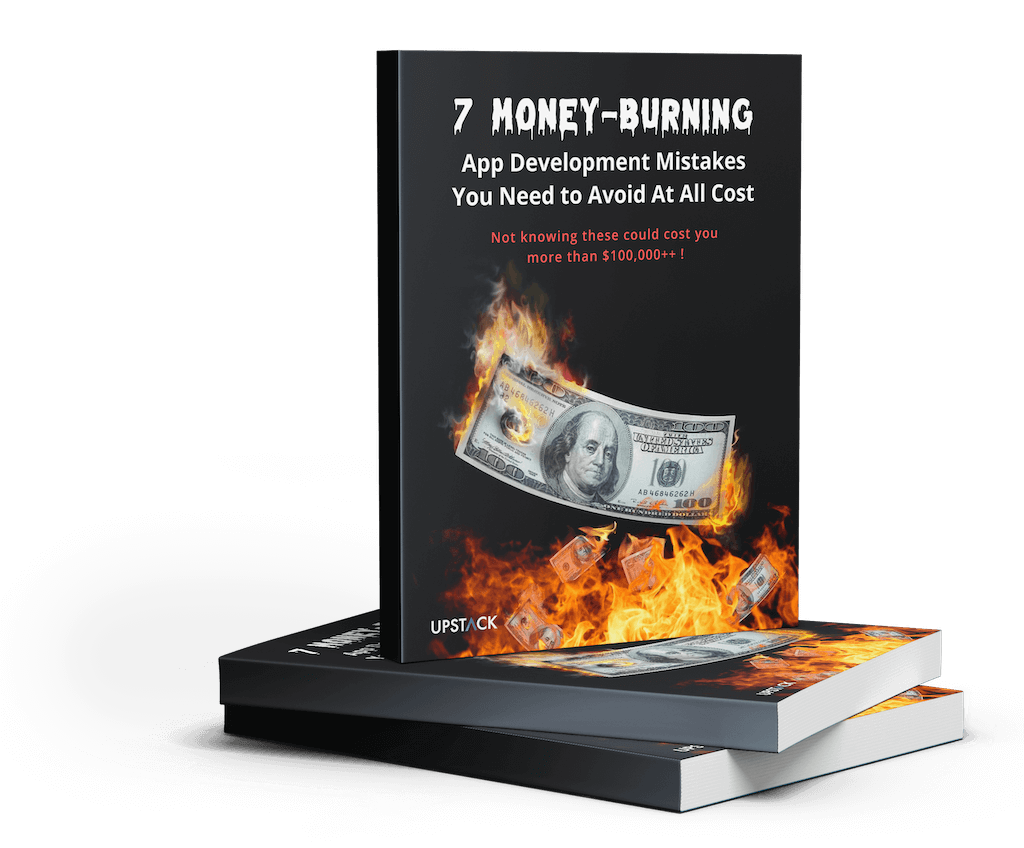CRMs for The Real Estate Industry
Industry-specific workflows benefit from industry-specific tools, and managing property is no exception.

All Customer Relationship Management (CRM) tools serve three core business functions:
- Customer Service
- Marketing
- Sales
A CRM that is custom-built for real estate should therefore be refined to facilitate better customer service, marketing, and sales for a real estate company compared to a more general CRM.
Sounds great, but we always advise caution with custom software development.
For starters, many general CRMs allow for customization, and platforms like Zillow and Property Base offer industry-specific features on top of that.
Both options come at a fraction of the time and cost investment needed for a custom solution.
So you’d best be really really sure you need custom software development.
That said, nobody knows your business better than you.
If you’d like to explore the feasibility of a custom CRM for your real estate company, we’ve provided an overview of what it looks like to engage us for the project.
Custom CRM Development Overview
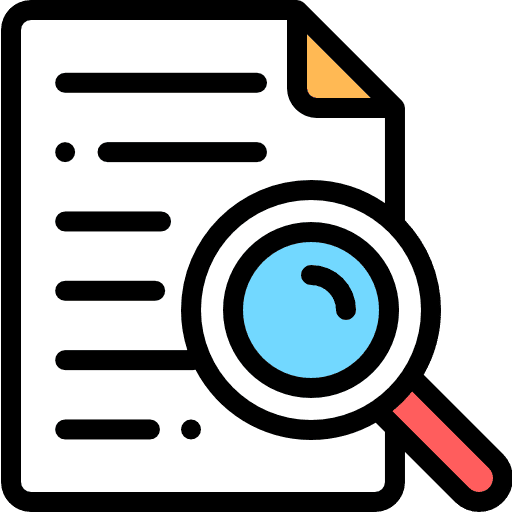
While it will always be case specific, here are some key figures to know, and we’ve kept our estimates conservative and erred on the higher side of things.
| Item | Details |
| Total Development Cost | USD115,000 |
| MVP Development | USD35,000 |
| Total Development Time | 12 months |
| Time to MVP | 16 weeks |
| Maintenance Cost | USD3,000 / month (excl. 3rd party tools) |
This assumes three very important things:
- A single cross-platform codebase for web and mobile devices
- A single UI / dashboard prioritising either web OR mobile
- No scope creep or significant changes to requirements
We’ll discuss these in more detail, but first let’s clarify how you can best approach working with us or any developer.
Developer-Client Roles in Custom Software Projects
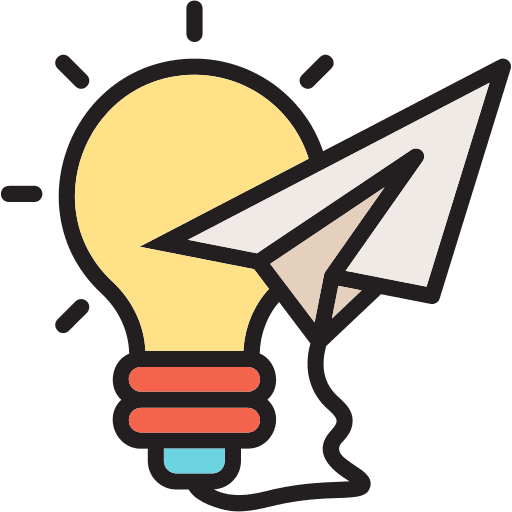
As developers, you can expect us to understand general CRM requirements, but you want one customized for a specific industry.
This could mean taking a conventional CRM and:
- Adding key features
- Removing non-essential features
- Integrating specific databases
- Catering to specific users or regions
- Complying with certain laws
- All of the above
- None of the above!
We don’t know!
And it’s ok if you don’t know exactly yet, but as much as you can rely on your developers to understand software development, it’s fair that your developers rely on you to:
- Be knowledgeable about industry requirements within the scope of your CRM
- Describe problems with your workflows and existing solutions
For example, if you want a CRM for real estate in Mongolia, expect us to ask about legal compliance in Mongolia!

And if you don’t have answers, you gotta go find out.
Developers bring technical expertise; you bring industry knowledge.
Customizing Core CRM Apps
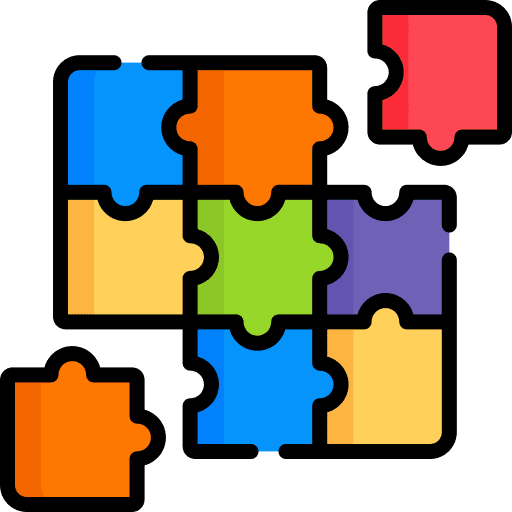
Most CRMs come with the same six core apps:
- Admin Panel – for system administrators to manage other users and permissions
- Sales App – for sales reps and managers to track client stages and lifecycles
- Support App – for customer service to track and handle complaints
- Marketing App – for marketers to plan and launch campaigns
- Client Portal – for end customers or clients to track requests and tickets
- Mobile App (optional) – for users to see key information on the go
When a CRM is tailored for an industry, it’s about adapting these core apps to fit that industry.
So, we’re going to list features typically available in each app for a general CRM.
And we’re leaving an editable space for you to specify custom needs for a real estate version.
The more custom details are needed, the stronger the argument for custom app development.
Admin Panel (System Admins)
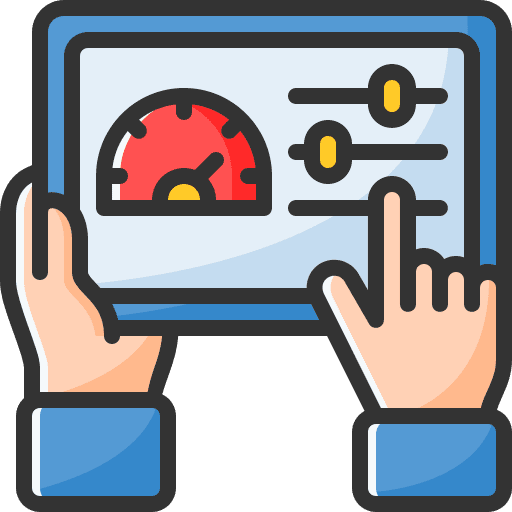
| Purpose | Typical CRM | Real Estate CRM (editable) |
|---|---|---|
| Manage users, permissions, settings, and system-wide data |
|
Sales App (Sales Team Members)
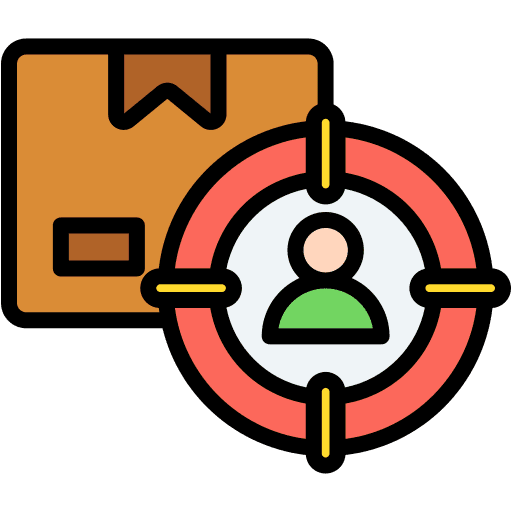
| Purpose | Typical CRM | Real Estate CRM (editable) |
|---|---|---|
| Track leads, manage pipelines, follow up on deals |
|
Support App (Customer Service Members)
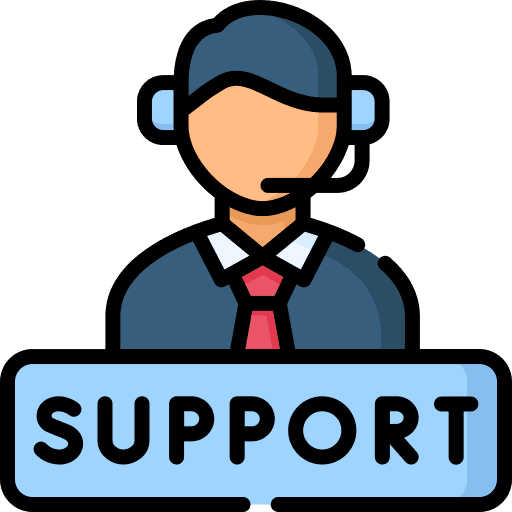
| Purpose | Typical CRM | Real Estate CRM (editable) |
|---|---|---|
| Handle tickets, customer inquiries, and post-sales support |
|
Marketing App (Marketers)
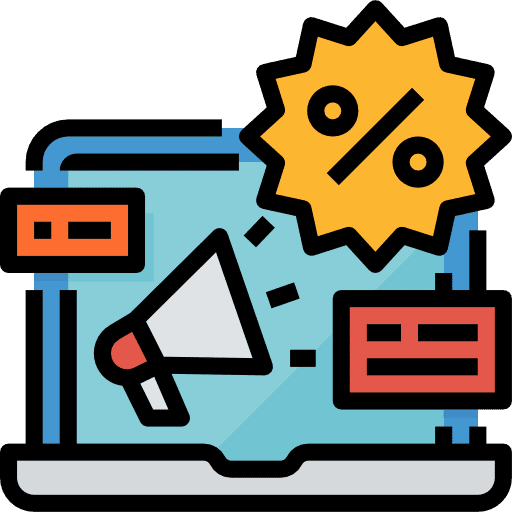
| Purpose | Typical CRM | Real Estate CRM (editable) |
|---|---|---|
| Run email campaigns, manage segments, and track engagement |
|
Client Portal (Clients and Leads)
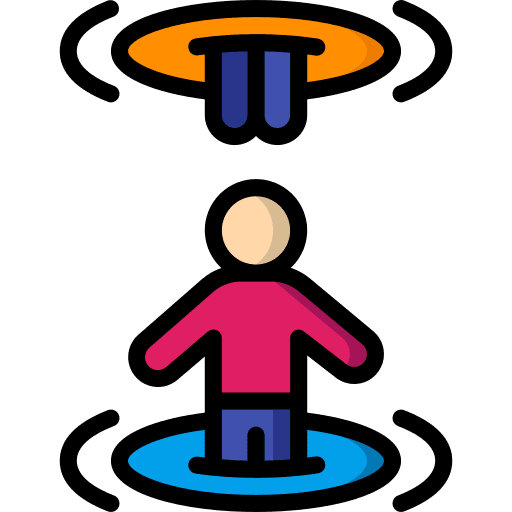
| Purpose | Typical CRM | Real Estate CRM (editable) |
|---|---|---|
| Let clients view and manage their own information |
|
Mobile App (Everyone!)
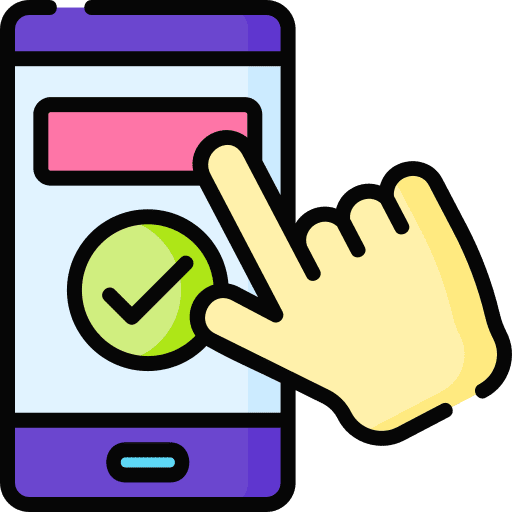
| Purpose | Typical CRM | Real Estate CRM (editable) |
|---|---|---|
| Do everything they can with a desktop CRM, but even on the move or offline. |
|
A CRM mobile app is situational, but to give you a look at what is possible, we’re including it.
For real estate, you might want a full-fledged CRM custom built for mobile which does EVERYTHING the desktop version does, or just a simple dashboard and the option for push notifications.
Or no mobile app version at all!
6 Stages of Custom CRM Development
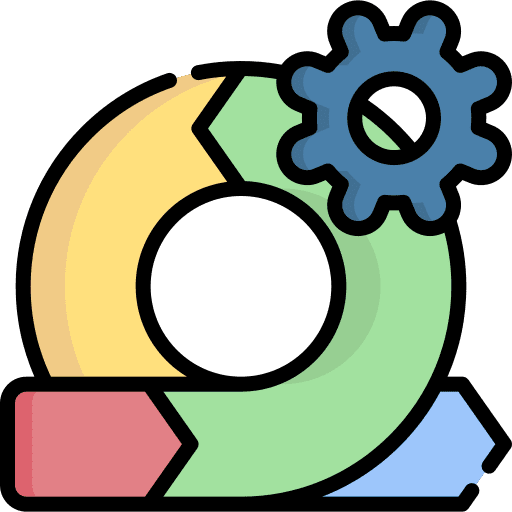
Building a custom CRM means following the typical stages of app development, of which there are six (seven if you include the work done before approaching a developer)..
Stage 0: Prepare Your CRM Brief
A brief is a preliminary document that gives developers an idea of your project, namely:
- Problem
- Solution
- High-level Requirements
- Budget Range
- Timeline
- Similar Applications
It gives us context and helps us form clarifying questions when we move to the next stage.
App Brief Template
Download this FREE editable template now to craft your perfect App Brief! Let us know where should we send it through the form below.
Secretly, developers also use it to filter out clients who aren’t serious!
Stage 1: Requirements Gathering
During this phase, we work with you to define the requirements for your CRM.
We typically run our own version of a product roadmapping workshop, where we align on:
- Target Audience
- Problem Statements
- Value Proposition
- Primary Platform
Based on our discussions, we come up with a timeline for all features.
And most importantly, we shortlist essential ones to roll out with the MVP.
Stage 2: UI/UX Design
If your custom CRM compromises on either, employee adoption will always be a challenge.
You’ll constantly hear “Why can’t it be more like [insert popular CRM here]?” complaints.
Our UI/UX designer will ensure your CRM not only looks great (UI) but also delivers a seamless, enjoyable user experience (UX).
Stage 3: Back and Frontend Development
If you’re familiar with Agile methodology, we work in two week Sprints.
During a Sprint, our backend developers build the back-end architecture while the frontend guys turn the designs by the UI/UX team into functional app interfaces.
At the end, we get your approval on progress and align on action items for the next Sprint.
If that sounds like gibberish, here’s a guide to Agile methodology for non-techs!
Stage 4: QA & Testing
The main purpose of this phase is for us to improve the stability of the CRM while minimising bugs that impact the user experience.
There’s no such thing as bug-free software, but that is no reason to compromise the user experience.
Stage 5: Launching Your MVP
We deploy your Minimum Viable Product (MVP) to a live environment so users can begin using the CRM.
As they use it, we’ll be on hand to:
- fix high-priority issues
- monitor how core features perform
- identify unexpected user behaviour
- see where improvements are needed
Stage 6: Iterate & Maintain
Based on how your team responds to the early version of your CRM, we revisit the product roadmap together.
More often than not, many features that were initially thought critical turn out to be unnecessary.
Meanwhile, use cases that nobody thought of suddenly reveal themselves.
Ultimately, we align on the development of the rest of the CRM to truly serve your business needs, alongside regular updates, bug fixes, and general maintenance to ensure the parts of the CRM that have been built remain stable.
MVP Timeline
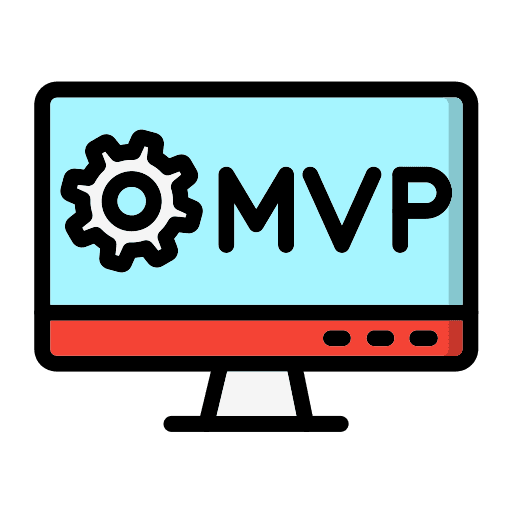
| WEEK | DESIGN | DEVELOPMENT |
| 0 | Kickoff meeting to align on essential features for MVP in 16 weeks | |
| 1 |
Initial UI/UX + User Feedback:
|
Plan Front and Backend:
|
| 2 |
Complete UI/UX:
|
Development Sprint Planning (weekly cycles):
(Start of Sprint)
(End of Sprint)
Note: Receive designs + code review in Week 5 |
| 3 | ||
| 4 | ||
| 5 | Handoff designs to developers | |
| 6 | ||
| 7 | ||
| 8 | ||
| 9 | ||
| 10 |
Development Sprint Planning + QA Testing (weekly cycles):
| |
| 11 | ||
| 12 | Launch + support / bug fixing | |
| 13 | CRM + documentation ready for handover to you or your team | |
Considerations for Real Estate Companies
Custom CRM development ONLY makes sense if your business:
- Has extremely unique or complex processes.
- Operates in a highly regulated niche with strict security requirements.
- Has outgrown your current CRM as confirmed by their official consultants.
In EVERY other case, your time and money is better spent elsewhere.
Established providers have spent years and tens of millions of dollars refining their offering based on feedback from thousands of businesses including real estate agencies!
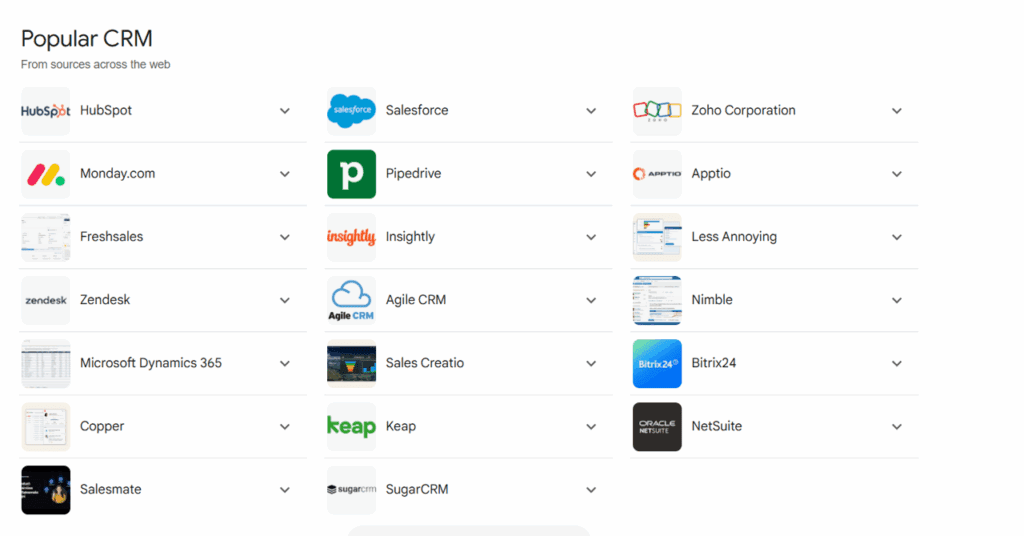
The chances that your business has genuinely unique needs is slim, and in most cases, the “need” for a custom software solution is a symptom of:
- Improper CRM selection or implementation
- Workflow misalignment
- Poor employee training
- All the above!
It’s a hard bill to swallow, but far less bitter than spending hundreds of thousands of dollars on a custom software solution you didn’t actually need!
Estimate ROI on Custom CRM Development
Until we are well into development, it’s impossible to calculate how much a custom CRM costs.
Likewise, until you launch the CRM, there’s no way to calculate how much it generates or saves.
But just cause we can’t know with 100% certainty doesn’t mean we settle for nothing.
Remember we estimated:
- USD115,000 for development
- USD3,000 / month for maintenance in perpetuity
Those are your costs, so if you can estimate how much total revenue the CRM can generate or costs it will save, here’s a simple custom software ROI calculator.
Custom Software ROI Calculator
For an even better calculator, head over to our full guide to estimating custom software ROI.
And for the best calculators in the world, reach out to us for an honest assessment.
All the best 🙂
If you have a custom software project in mind and need help estimating ROI, get in touch with us and we'd be happy to help! Also, consider joining our mailing list for a one-stop resource on everything from SaaS validation to execution and promotion. Get a nifty list of questions to ask app developers when you sign up!
App Developer Interview Questions Template
Download this template now so you know exactly what to ask App Development Agencies! Let us know where should we send it through the form below.

